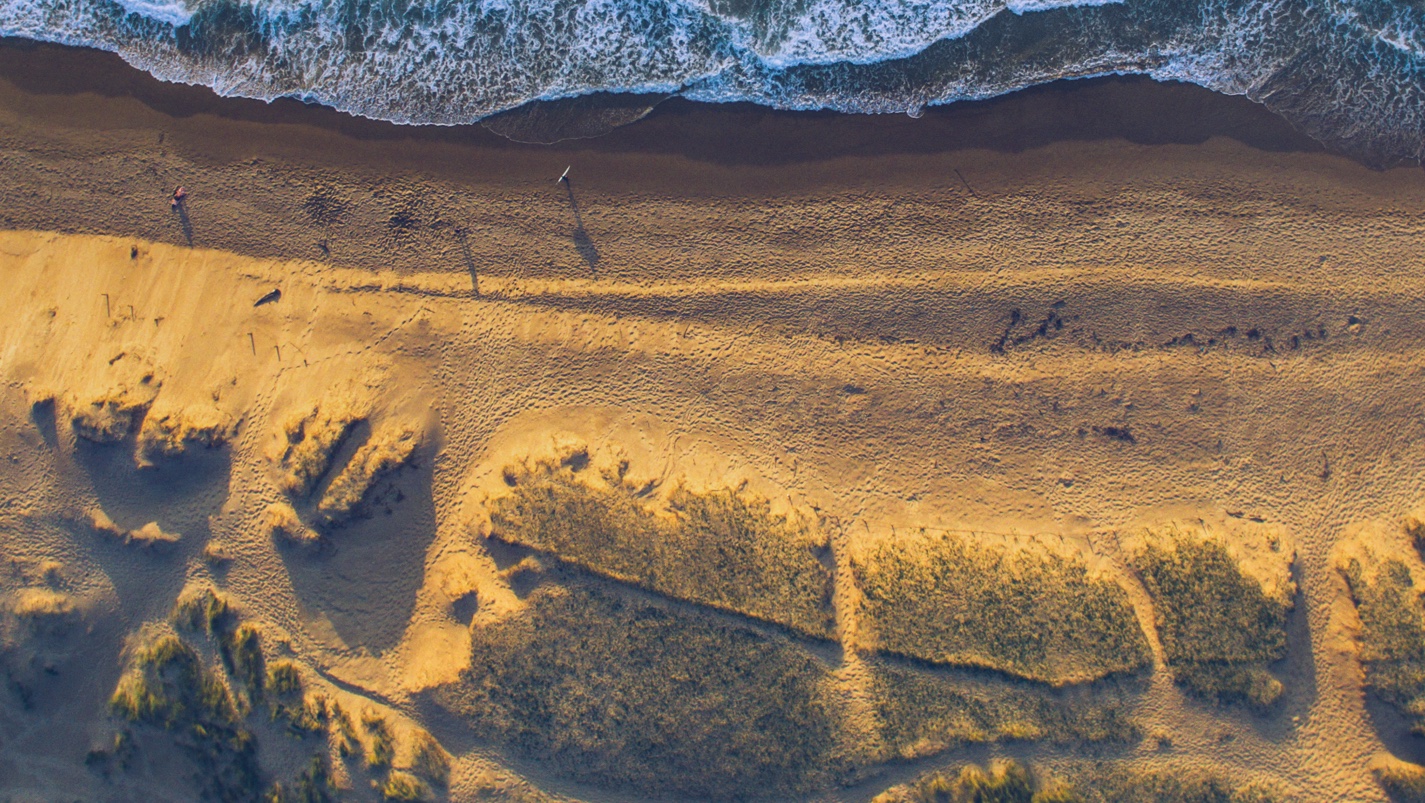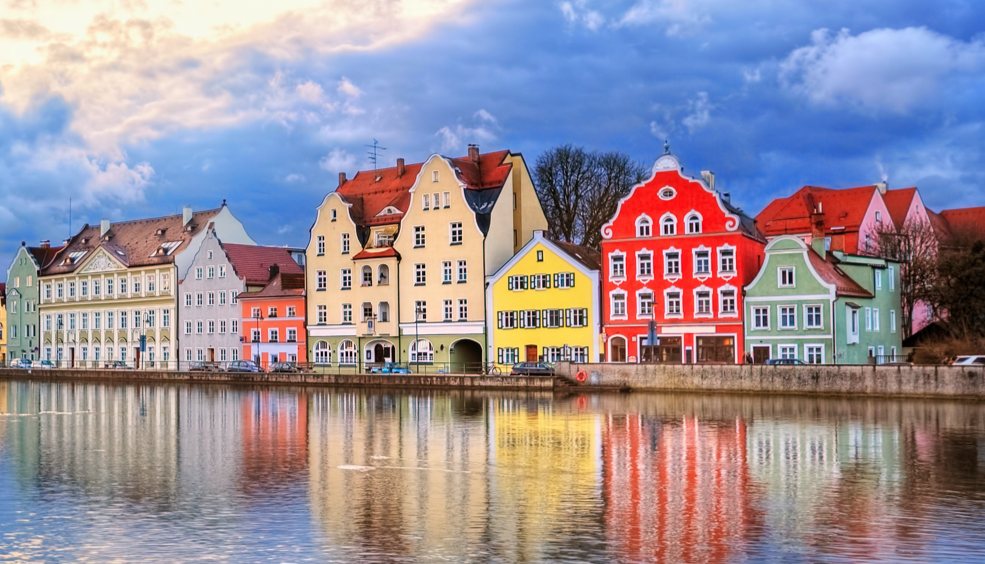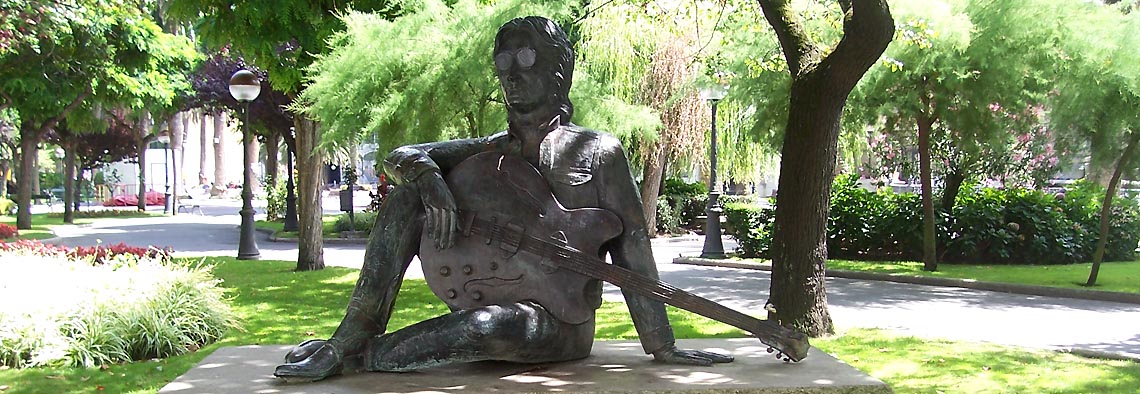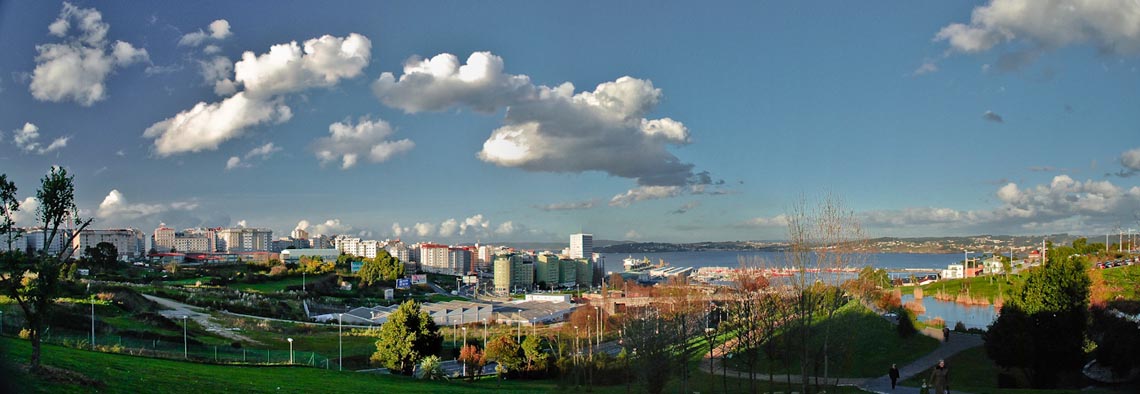Berlin in 9 Albums
19 October, 2015
From David Bowie or Iggy Pop, to U2 or R.E.M, Berlin has long been a source of inspiration for the most famed ambassadors of pop and rock (their impact on club culture deserves a separate article). With the iconic Hansa Tonstudio recording studios as the hub of experimentation and creation, the German capital stands out as the inextricable backdrop for beacons of musical genesis over the last few decades.
“Heroes” (David Bowie, 1977)
David Bowie took refuge in Berlin in search of inspiration in the late seventies. His German sojourn ended up spawning the Berlin Trilogy,a triptych of albums that began with Low (1977) and ended with Lodger (1978), although epitomised by the second album, Heroes.Recorded in the legendary Hansa Tonstudio (or Hansa Studio by the Wall), the title track recounts the story of two lovers who hide their idyll in the shadows of the Berlin Wall.
“Lust For Life” (Iggy Pop, 1977)
Following in the footsteps of his friend, David Bowie, Iggy Pop headed for Berlin to develop his career as a solo artist. The first chapter in that new venture was The Idiot (1977). A bigger hit still was Lust for Life, released that same year. With the Hansa Studio by the Wall again becoming his centre of operations, Iggy Pop took just eight days to breathe life into such essential titles in his repertory as Lust for Life, The Passenger and Tonight.
“Kollaps” (Einstürzende Neubauten, 1981)
Few albums has captured so well the essence of Berlin in the early eighties as Kollaps, Einstürzende Neubauten’s debut. A landmark industrial and experimental band, the calling card of this group led by Blixa Bargeld was a collection of pieces which even today, three decades on, still resound as searing, psychotic and oppressive – an exquisite torture on the ears.
“Night Time” (Killing Joke, 1985)
The quasi-metal, industrial band, Killing Joke, achieved one of their major hits with Night Time, a work suggestive of an interlude between their strident beginnings and the calmer stretches they would subsequently experiment with, albeit fruitlessly. And, while you’re at it – listen to Eighties, the last track on the album, and then do the same with Come as You Are, by Nirvana. Influence, coincidence or plagiarism?
“Black Celebration” (Depeche Mode, 1986)
Depeche Mode went to Berlin to record their fifth studio album, with Martin Gore then consolidating as the band’s creative engine. As the title suggests,Black Celebrationstresses the darkening sound passages that the Britons had been flirting with in their previous works, Construction Time Again (1983) and Some Great Reward (1984). Definitely one of the most influential records of the eighties.
“Your Funeral… My Trial” (Nick Cave And The Bad Seeds, 1986)
Nick Cave has stated on more than one occasion that Your Funeral… My Trial is the best album in their career. Indeed, his long fourth track harbours some of the most hair-raising cuts by the Australian, like its counterpart, Your Funeral, My Trial, Stranger Than Kindness or The Carny which Cave and The Bad Seeds would play a year later in the Wim Wenders film, Wings of Desire.
“Bossanova” (Pixies, 1990)
Engendered in Berlin, this third album of the Pixies is undoubtedly one of the great works of independent rock. The hideout of simply irresistible tracks like Velouria, Dig for Fire or Allison, their customary dedication to sure-fire tunes entangled with distorted guitar rasps,Bossanovareveals borrowings from surf and space rock. While not a conceptual work, many of the themes bear references to aliens, UFOs and the remaining extraterrestrial paraphernalia that so obsessed its leader, Black Francis.
“Achtung Baby” (U2, 1991)
Having scoured the roots of American music with Rattle and Hum (1988), U2’s next release marked a radical departure in sound. Having moved to Berlin to allow the winds of change blowing across the city to rub off on them, the Irishmen caught the world unawares with a work grounded in the essences of the burgeoning genres, including independent rock and electronic music. Achtung Baby is one of those definitive records in the history of rock.
“Collapse Into Now” (R.E.M., 2011)
R.E.M. was one of the most popular bands in the last few decades, with the added advantage that they managed to keep their integrity and artistic credibility intact. They split up in September 2011, a few months before the release of their last album, Collapse Into Now. Recorded in the Hansa Tonstudio, this is a standout farewell bordering on the sublime, as in Discover, Mine Smell Like Honey and Überlin.
Berlin Musictours offers an extensive, more than interesting gamut of tours to the hotspots of Berlin’s ever effervescent musical activity. Among the various itineraries to choose from, notable routes include the Bowie Berlin Tour, U2 Berlin Tour, Depeche Mode Berlin Tour and Hansa Studio Tour. Why wait to discover an à la carte musical Berlin? Check our flights here.
Text by Oriol Rodríguez for ISABELYLUIS Comunicación
19 October, 2015







